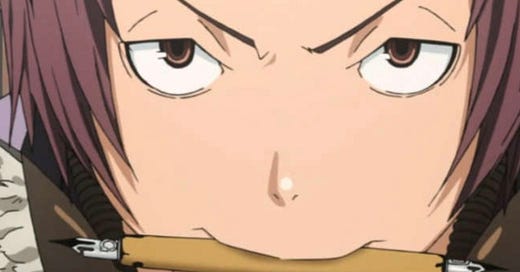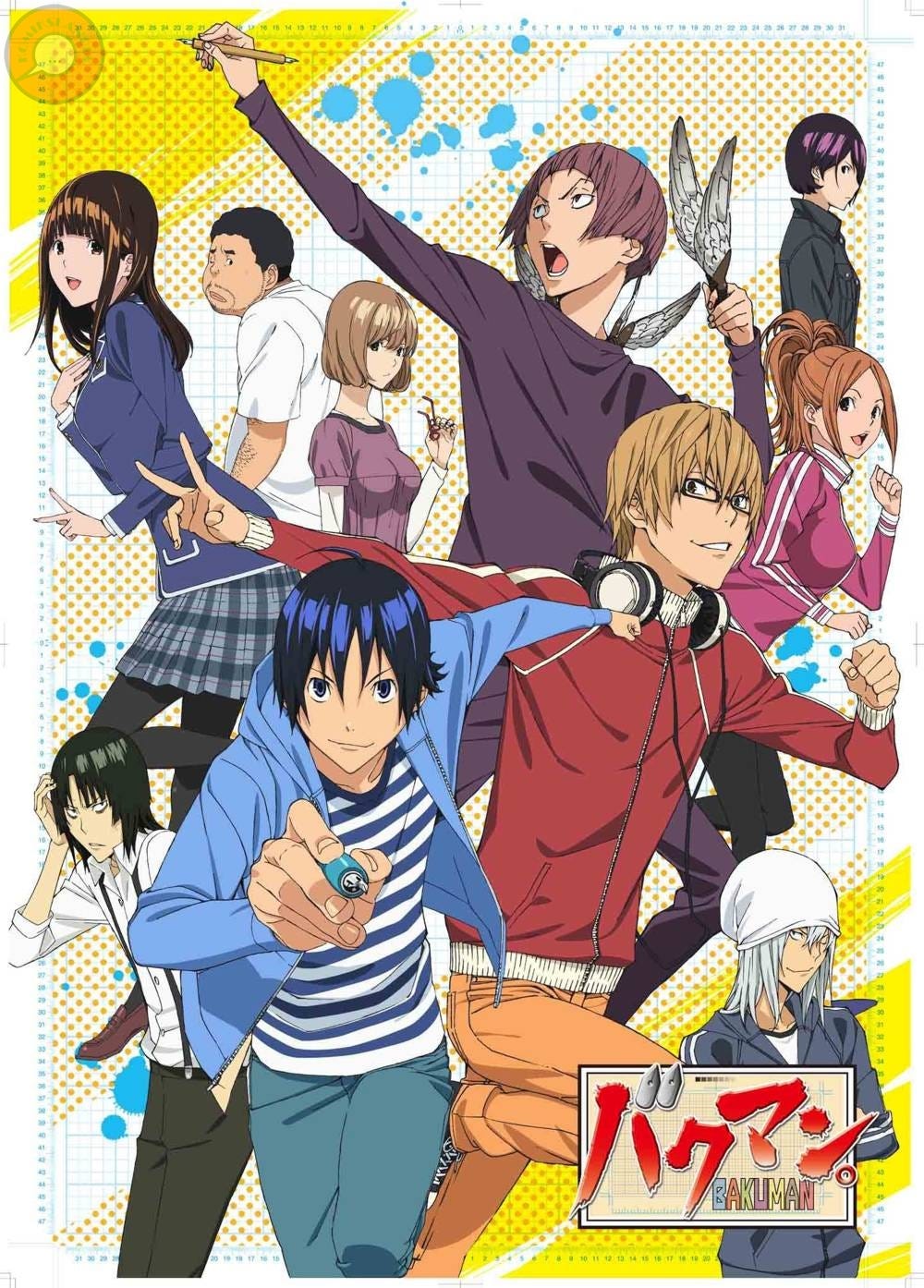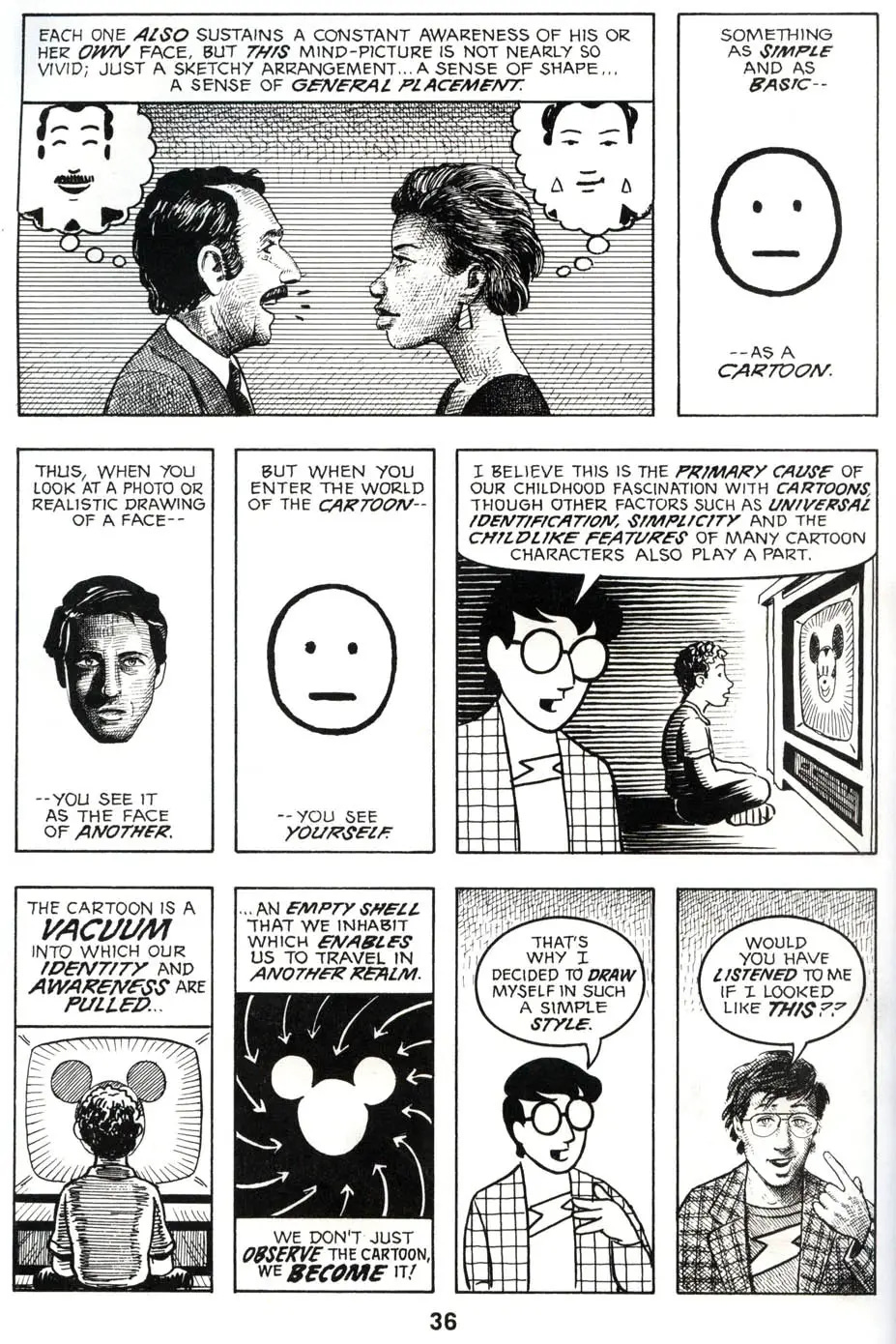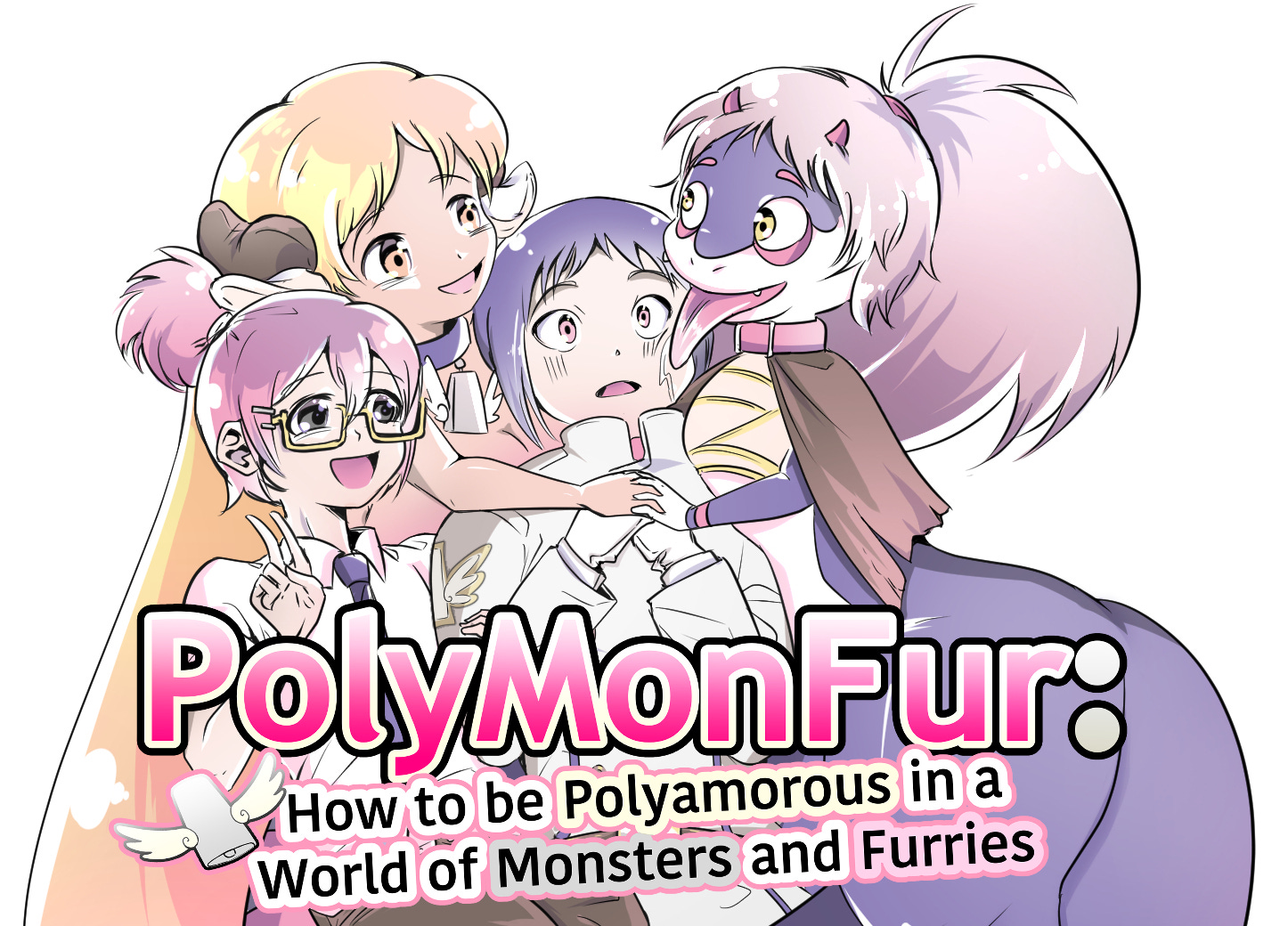Bakuman is the worst manga about making manga
I'm suffering because I'm the only person on the planet with this opinion
The more I think about Bakuman, the more I think that it was not a very good comic book. However, it was able to captivate me long enough to read til the end. Oops. So it can’t be that bad, but there’s some things about it that grate at me.
Here’s a summary for anyone who needs a refresher (Warning for spoilers):
Moritaka Mashiro (an artist, nicknamed Saiko) and Akito Takagi (a writer, nicknamed Shujin) have teamed up to make their hotshot mangaka dreams a reality.
To stay motivated, Mashiro promises the girl of his dreams, Miho Azuki, that they’ll get married once he makes a successful manga. Azuki promises they’ll get married when she becomes a successful seiyuu. Only once those two conditions are met can they wed. To make sure they keep lazer focused on their goals, they limit their contact with each other.
All the while, Mashiro keeps thinking about his Gay and Dead Uncle, who died from making manga.
Mashiro and Takagi work super-duper hard and meet all kinds of wacky characters on their path to making the best manga. Eventually, Mashiro marries Azuki, and the two drive off in the car his uncle always wanted. Even in the end its all about this guys uncle, so like, this is a 20 volume series to say how badly protag-kun wanted to fellate his uncle. Which, lmao. No notes on that part of the story, its perfect.
While the oven pre-heats for this roast, I’ll say what’s good about Bakuman. I can see very directly why so many people read Bakuman, went “Hell yes!” and tried their hand and making their own manga. Art that can inspire you to make your own is, by all measures and metrics, incredibly cool. The main duo of Bakuman have that go-getter, never-give-up attitude that’s seen in so many shonen protags- and if you need a personal hypeman to inspire you to go after your dreams, Shonen Jump protagonists are as good as they get.
Saiko and Shujin are acutely aware of their their shortcomings and- all things considered, they seem pretty harsh on themselves. Like shit dude, I didn’t know how to write or draw in high school. But these two hold themselves to an incredibly high standard, because they want to make the best manga, and they’re not going to settle. They’re always pushing themselves to their absolute limit, because the manga industry is so brutal. And that shit is inspiring: you see these two kids giving their all, it makes you wanna give your all too.
Despite its flaws, this core mindset is why I continued Bakuman all the way to the end. They’re doing their best, I want to root for them, and then when I put down the book I want to push myself a little bit harder too. In terms of “propaganda to make you work on your art a little bit harder” Bakuman is one of the best.
My favorite arc was when that guy made an entire after-school campus for market testing manga. If you don’t remember it, it’s because it’s one of the last arcs in the series - and could be dismissed as a byproduct of seasonal rot. However, the levels of insanity in that arc were truly enjoyable. Like, who does this? Why are you doing this? Can I do this?!
Second favorite part: when the Rockstar Dude (as in, he has a singing career and a sizable fanbase) decides to take a swing at making manga. He unfairly uses his pre-existing audience to dominate reader popularity polls (which sucks for our main duo, because they do Not have a pre-existing fanbase).
And that’s where Bakuman is at its most interesting: when it uses larger-than-life characters to wrestle with different philosophical concepts. It’s a series concerned with the status of “pure” art and “commercial” art, and seems ultimately comfortable with existing somewhere in between. Which is neat.
If more Bakuman arcs could feel closer to Eyeshield 21 and ramp up the absurdity, it would make for a much stronger overall experience. I want more hypotheticals, bordering on unreality, to make me question the nature of Making Manga.
And the series does begin with a hell of a hypothetical: the artist and writer team are incredibly privileged. The story does not make any attempt to hide this. They’re both academically gifted, come from (mostly) supportive families, no financial troubles, and able to secure a quiet working space and art supplies from the get-go. But even under these circumstances, they have to fight their way to the top. Bakuman is saying that even under the best of circumstances, making manga is a real grind. And, hey, I appreciate that sentiment. Because it’s true! Manga is definitely a grind!
Despite these borderline fantastical circumstances, Bakuman does get into a lot of nitty-gritty technical talk. And since it’s not afraid to give this insiders look at the manga industry, it’s regarded as more “real” than other series about making manga. It certainly does its job at giving the audience an intimate behind-the-scenes look at making manga.
So if we take Bakuman as an instruction manual on manga, or a wake-up slap to get to work: its fantastic. However, Bakuman is ultimately a fictional narrative, as in, its a story with characters and motivations. And that’s where the vibes are absolutely off.
Characters in Bakuman are one-dimensional at best, irritating at their worst. I’m sure that’s by design: if you’re aiming to make an exaggerated “How to draw manga” book, there’s less space for character studies, so you can get more into the technical instructions. And that’s fine. No one’s giving Scott McCloud shit for “weak characterization” in “Understanding Comics” - here’s an excerpt touching on this concept, albeit more about the visual language of comics:
And with that in mind, I can’t help but compare Bakuman to Death Note. Partially because no one can go 30 seconds without mentioning it was created by the same author/artist team, and because both series have a similar exposition-heavy writing style. Death Note also had pretty thin characterization, the fun came from the different characters strategies.
So Bakuman is just Death Note, except:
Lower stakes
No otherworldly fantasy elements
The impending threats are loosely defined
There’s a guy in your local anime club who treats Bakuman as a Very Serious Important Work, which is annoying
And on top of that, the characterization is just as hollow as Death Note. So just what’s so special here - the fact that they’re talking about capital-m Manga? (Well, yes).
I’ll reiterate what I said at the start- I get the appeal of Bakuman (really). There’s infinite media about the process of making manga, and the unique appeal here is seeing this Artist Hero’s Journey delivered in a 20-volume shonen adventure. There’s something about the tone and aesthetic that might click with you harder than say, something like Urasawa Naoki no Manben (a documentary series that films IRL mangaka and interviews them about their process).
Even with these qualifiers- of Bakuman being so beloved to artists, which will make it resonate differently than your average shonen- I still mentally compare it to Death Note. And as a reader - not as an artist looking for inspiration, not as a mangaka hopeful - when I take Bakuman in as a narrative, it feels a few notches below the fun of Death Note.
Which brings me to the best Bakuman character, Eiji - who’s the L Lawliet of Bakuman.
He is a being of pure autism and manga-making, exaggerated to a comical degree. Please, give me a spinoff about Eiji’s everyday life as Eiji.
Unfortunately, Eiji is mostly kept as a looming Big Bad Threat for our protagonists. We don’t see them interacting as much as I’d like. I remember his scenes were mostly cutaways from the main plot to tease what the villain’s cooking up this week. Keeping his distance for such a long period of time is a waste of a good character.
And speaking of mostly-offscreen characters: The romance in Bakuman fuckin blows.
Once Tsugumi Ohba was notified that Light/L had been officially canonized as a Top 10 Smexiest Yaoi Couple, he treated this honor with an appropriate reverence. What choice did he have, other than attempting to recapture this spark a second time? As such, there’s plenty of shipteasing and all-around gay moments with the main Bakuman duo.
But this time around, this would-be yaoi couple comes with a heavy helping of plausible deniability. You see, they can get more explicit than Light/L. Shujin can very directly and explicitly state that him and Saiko are one soul in two bodies - but it’s fiiiiine! These two characters have women they’re interested in; therefore, Not Gay. It doesn’t matter that one of the girls is mostly offscreen. And the other doesn’t have much going on other than being the incredibly boring Token Chick of the group.
For the 1 or 2 readers who’ve never been in a men’s only Russian bathhouse, Bakuman’s shipteasing gives me a similar feeling. There’s certain same-sex spaces that have a heightened interpersonal closeness because there’s an unspoken assumption that everyone here is straight. But to a fly-on-the-wall observer, everything happening seems pretty fuckin gay.
Putting this mindset in a manga is cowardly and I hate every shonen manga does this. If you as an author do this I will not water your plants for you when you go on vacation. The text of Bakuman makes it explicit that their bond goes beyond a typical bromance, while also constantly reminding you that they both have women at home. Like, I know what you’re doing here, man! I’m not stupid.
I’m not the only one who saw through this ploy. Let’s take a look at the Pixiv tagging data, comparing the main yaoi ship of Death Note with Bakuman:
L/Light (L月): 854 postsLight/L (月L): 486 postsDeath Note Yaoi (デスノート腐向け): 576 postsCompare with Bakuman:
ShuSai (シューサイ): 155 postsSaiShu (サイシュー): 19 postsBakuman Yaoi (バクマン 腐向け): 97 postsAnd onto my next gripe: The sexism in Bakuman. It’s so old-timey that I have to do a double take, like, oh shit, you actually believe that?! Who defrosted you from the 1800’s? The men in Bakuman are written as humans; the women are written as stereotypes.
For further readings about Bakuman’s sexism, please see “Baku-man smart, woman dumb” “Examining Tsugumi Ohba’s Portrayal of Women in Bakuman.” For a Christian perspective on the sexism in Bakuman, “Newman’s Nook: Bakuman and Women” was an interesting, in-depth read (that’s right, Bakuman’s sexism was so horrendous that it can unite trad Christians and Feminists).
Anyway, if Bakuman sucks, why do I care this much?
The truth is: I eventually want to write a post about Comic Girls and Monthly Girls Nozaki Kun. I love both series dearly. And they are both infinitely better than Bakuman. I have an irrational chip on my shoulder whenever I remember they’re just footnotes in the otaku cultural consciousness when it comes to “manga about making manga”. Bakuman is the absolute worst when it comes to this niche subgenre. And to a dork like me, my outlier opinion on this matters a whooooole lot and says a ton about my special and unique personality. Because you can’t bring up manga about manga without someone bringing up Bakuman. If you make a YouTube video about making manga, you are legally required to play clips of the Bakuman anime as you read the wikipedia definition of karoshi.
And the last time I brought up irl that I make manga, Blake from the anime club had some thoughts.
Before he could even see my stuff, he warned me that a foreigner can’t make it in the manga industry. For whatever reason only people who have exactly zero experience in making manga love telling me this. I didn’t bother saying why that’s bullshit, I just told him I’m enjoying the journey.
After hearing this, he put his hand on my shoulder, like we were in a Russian bathhouse, and he told me I have a long way to go before I have a shot at Shonen Jump. He put a little extra stink on Shonen Jump, pronouncing it shyounen jyanppu, to establish his dominance as Alpha Nerd. Before I could even say I’m not particularly interested in making shonen manga, he barreled forward, insisting how important it is that I read Bakuman. He was convinced: only once I consumed Bakuman, I would truly understand the manga making process.
I nodded along before making up some excuse about having to catch the bus home, but here’s what I really think. Fuck you Blake. I did read Bakuman. And it sucks.
Copyright Disclaimer: Under Section 107 of the Copyright Act 1976, allowance is made for "fair use" for purposes such as criticism, comment, news reporting, teaching, scholarship, and research. Fair use is a use permitted by copyright statute that might otherwise be infringing. Non-profit, educational or personal use tips the balance in favor of fair use. I’m not trying to be an art theif, just a critic. Pls no bulli.Credit for Baby Tapir photo goes to Tambako the Jaguar on Flickr. Excerpt from Scott McCloud's "Understanding Comics" taken from "Strong Sense of Place". All other images taken from google image search and i furgot where.“PolyMonFur: How to be Polyamorous in a World of Monsters and Furries” is my serialized ecchi light novel. Read it on Lumebento today (it's free!)
Lumebento is holding a manga contest, and there’s still plenty of time to enter! If you have Bakuman dreams of your own manga, this is your chance to make them real
Thank you for reading!














An excellent analysis. I was kinda on the fence about reading/watching Bakuman, but your piece helped me to make up my mind about it and stay as far away from it as possible.
What car will your nephews have to buy?